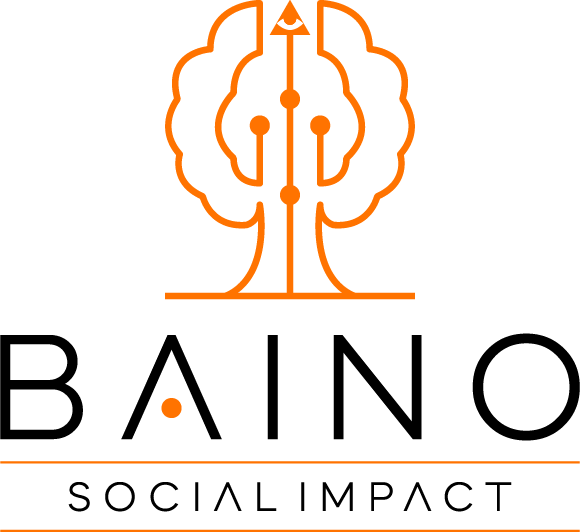
The term “literacy” includes using numbers, language, images, computers and other fundamental means to gain knowledge.
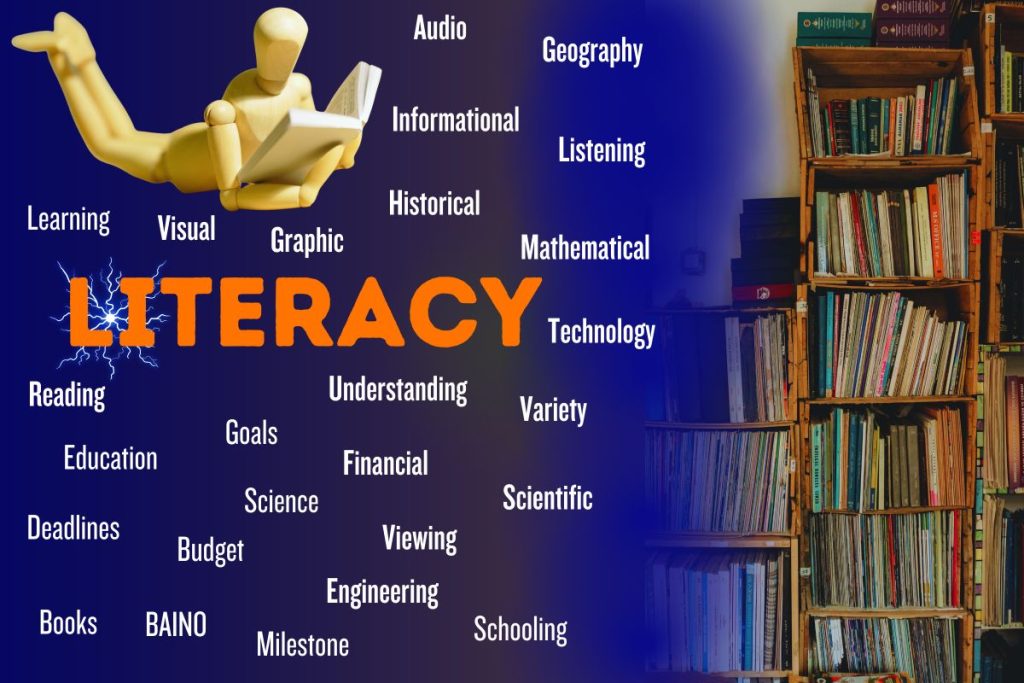
The primary goal of the Busoga region is to become one of the most respectable literate societies in the world. This status is a powerful indicator of an outstanding level of development in all other major sectors of society. The actual value lies in building the structures required to attain such a noble status.
The modern definition of literacy carries more than its weight. According to UNESCO, it includes the ability to identify, understand, interpret, create, communicate and compute using printed and written materials associated with varying contexts.
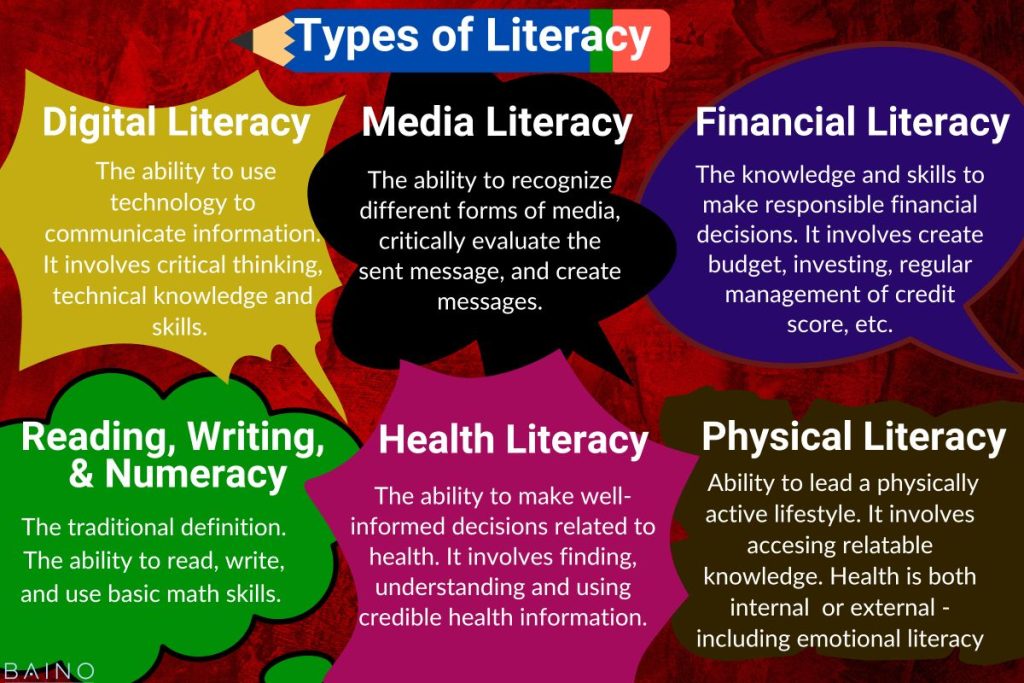
Literacy entails a spectrum of learning that enables individuals to attain their goals, develop their knowledge and potential, and participate in their community as well as the larger global society.
Literacy is critical in helping us make sense of our world. It is the ability, confidence and willingness to engage with language in order to gain, construct and communicate meaning in all aspects of daily living.
As a reminder, language is explained as a socially and culturally constructed system of communication; hence, it is a vast and vital aspect of life.
From this perspective, literacy comprises several subskills, including using numbers, language, images, computers, and other fundamental means to understand, communicate, and acquire valuable knowledge.

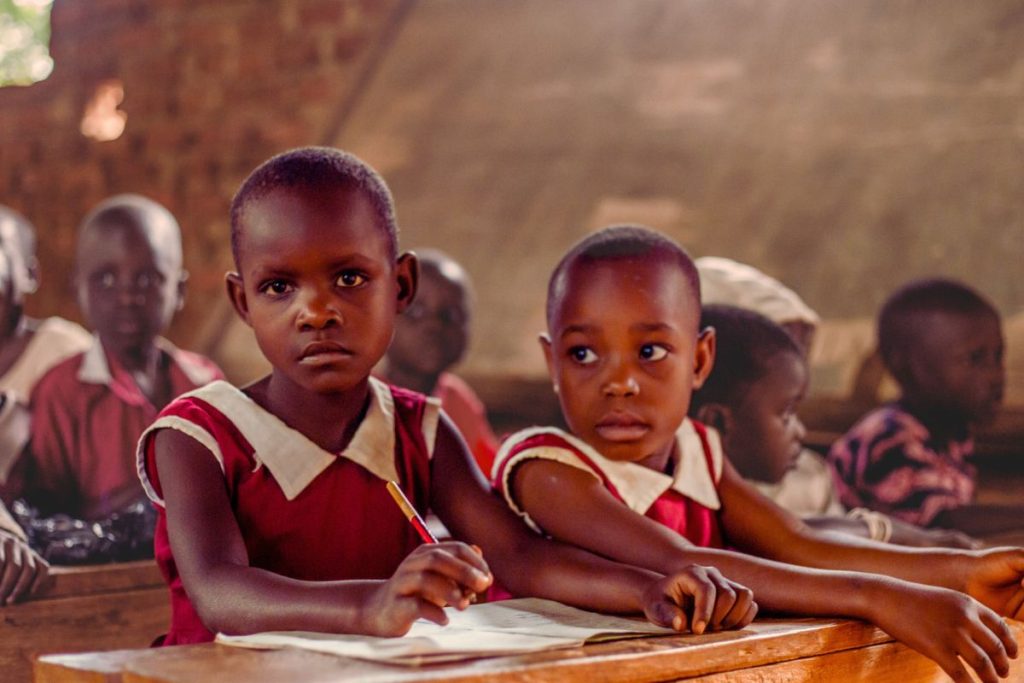
Literacy is a key skill in a person’s life. It is also the primary indicator of the education level of a country’s population.
As several linguists have observed, reading and writing are never inseparable from society’s social and cultural elements. Although the effects of literacy acquisition on cognition and social relations are not easily predictable, they are intrinsically connected and rooted in conceptions of knowledge, identity, and being.
Although illiteracy doesn’t mean ignorance, being literate helps a person to be educated because literacy is a tool to obtain and grasp more knowledge. While literacy is a crucial factor in measuring the education level in a country, it is sometimes equated to each other or used interchangeably. ‘Literacy’ and ‘education’ are not the same.
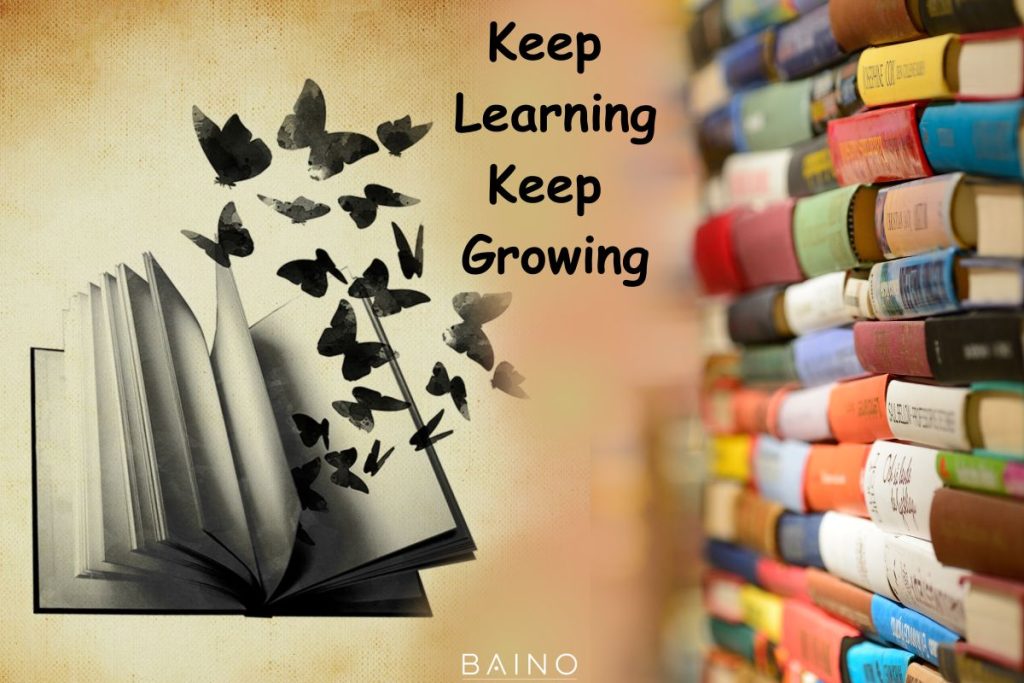
Literacy is a step to education, which, on the other hand, is the holistic development of a person in terms of knowledge, sensibility and—most importantly—behaviours. It is the way we interact with the world. It is how we shape it and are shaped by it. It is how we communicate with others via reading and writing, speaking, listening, and creating. It is how we articulate our world experience and loudly declare, ‘We are here, and we belong!’ It is an indicator of self-expression and the desire to learn and grow.
Multiliteracies
Multiliteracy is a term that was coined in the mid-1990s by the New London Group, a group of ten academics who met in New London to develop a new approach to literacy theory and pedagogy that would serve concerns facing educators. The existing literacy pedagogy did not meet the learning needs of students. Multiliteracy highlights two key aspects of literacy: linguistic diversity and multimodal forms of linguistic expression and representation.
Multiliteracy seeks to explore pedagogies or teaching practices that prepare children for the literacy challenges of our globalised, networked, culturally diverse world. Today, we are increasingly encountering knowledge in multiple forms: in print, in images, in video, in combinations of forms in digital contexts, and we are expected to represent our knowledge in an equally complex manner.
Rightly so, multiliteracy is a concept that is increasingly gaining currency as we continue to realise that literacy is ‘interactive and informative’ and occurs everywhere, including in technological settings. After all, information occupies space in every aspect of human life.
Now that the term ‘literacy’ has become a broader concept and a process for ease of management and understanding, it has taken on separate categorisations in varying fields. There is computer and digital literacy, statistical, critical, media, ecological, health, linguistic, social, quantitative and visual literacy, among others. There is also child literacy, youth and adult literacy.
Therefore, It is our charge as a people who seek to attain the status of a ‘literate society’ to embrace literacy in all its forms. It’s a prerequisite to becoming truly global citizens.
Unlike in medieval times, when reading and writing skills were restricted to a few elites and the clergy, in these modern times, these literacy skills are now expected from every member of society. Literacy is, therefore, a human right, essential for lifelong learning and social change.
Literacy Is a Fundamental Human Right
As supported by the 1996 Report of the International Commission on Education for the Twenty-First Century and the 1997 Hamburg Declaration: ‘Literacy, broadly conceived as the basic knowledge and skill needed by all in a rapidly changing world, is a fundamental human right.’
Millions, most of whom are women, especially on our side of the world, lack opportunities to learn or have insufficient skills to assert this right. The challenge is to enable everyone, regardless of social class, age, religion, ethnicity, origin and gender, to access opportunities to become literate, that is: to provide the resources and opportunities required to develop sufficient and sustainable literacy skills, effectively understand and use written communication, be it in handwritten, in print or digital form. This is very important because literacy is a catalyst for participation in social, cultural, political, and economic activities and for learning throughout life.
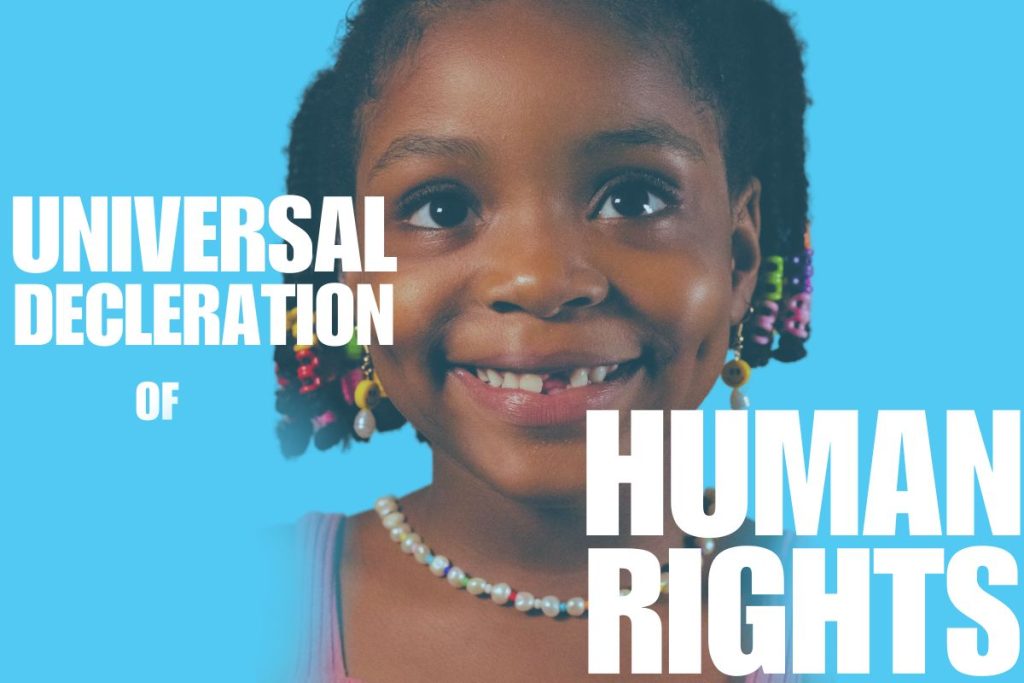
According to the American Library Association, “Digital literacy is the ability to use information and communication technologies to find, evaluate, create, and communicate information, requiring both cognitive and technical skills.”
As children increasingly turn to the internet for answers to all sorts of questions, they encounter a variety of opinions, mainly in unfiltered environments. It’s, therefore, vital for them to understand how the web works, which requires computer and digital literacy.
Digital literacy is a required modern skill, and we all need to stay updated with technological advancements dictating the direction the world is taking. Ethical consumption of information and critical thinking skills are key online world elements. Digital literacy is required to validate and examine whatever is encountered online. The million-dollar question that modern educators ask themselves is, ‘How do we help students develop new literacy skills required for the future?’
Importance of Literacy
Socio-economic Impact
Many policy analysts consider high literacy rates as a crucial measure of the value of a region’s human capital. Literate people can easily be trained, and generally have a higher socioeconomic status. They tend to enjoy better health and more employment prospects. The international community considers literacy a key facilitator of socioeconomic empowerment and a wide range of developmental services.
Therefore, literacy’s central role is in responding to sustainable development challenges such as health, poverty eradication, social equality, economic empowerment and environmental sustainability.
Literate people are more likely to indulge in highly innovative activities, providing opportunities for modernisation, development, and general economic growth.
Health Impacts
Despite all the surrounding complexities, literacy is the global metric used to assess the health and competence of communities. Print illiteracy corresponds with less knowledge about modern hygiene and nutritional practices, which can negatively affect multiple health issues. This is particularly the case in some developing countries where literacy rates continue to have direct implications for child mortality.
Within this context, it’s been noted that children of literate mothers are 50% more likely to live past the age of five than those of illiterate mothers. This partly explains why public health research has been increasingly concerned with the potential for literacy skills and enforcing them. Through the same measure, it has tried to encourage and enable women to access healthcare systems and facilitate gains in child health.
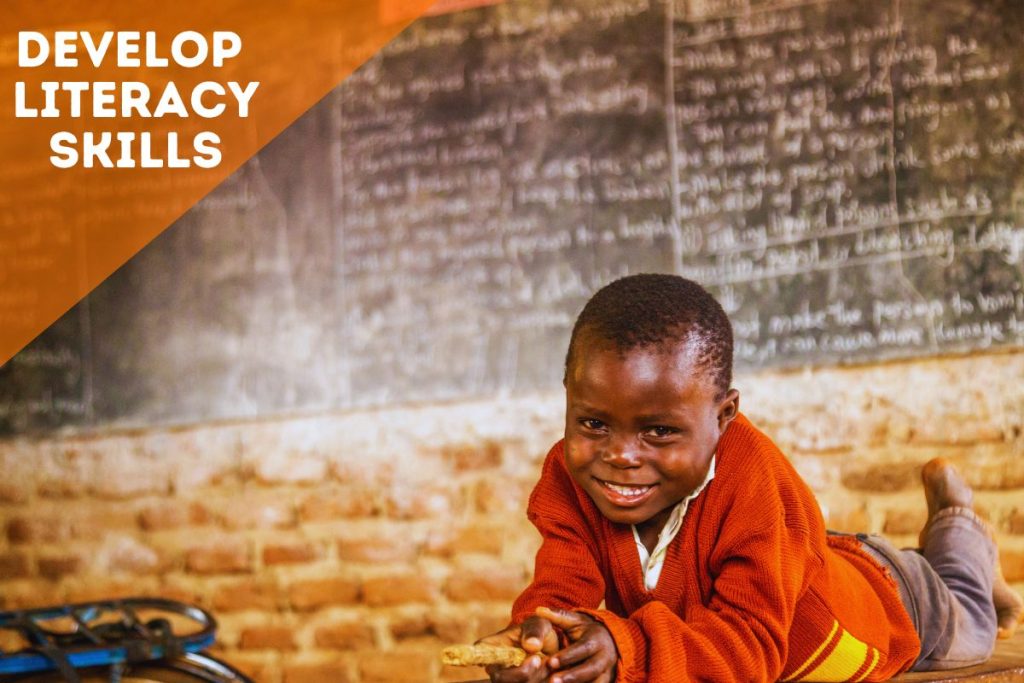
Busoga region’s development of literacy skills involves a sustainability goal to build a healthy and competent workforce and eradicate poverty.
This focus on literacy as a tool for meaningful engagement with society makes absolute sense. As our population expands and technology breaks down the physical and invisible barriers that have held us back historically, the ability to communicate and interact with members near and far—modern literacy—becomes even more critical.

Literacy and Education
Given the modern meaning of ‘literacy’, as we’ve observed, educational attainment or years of schooling may not correlate with that meaning.
Among other descriptions, functional illiteracy has been defined as the inability of adults to understand complex texts despite adequate schooling, age, language skills, elementary reading skills, and IQ. It is distinguished from primary illiteracy. Besides having knowledge, as UNESCO puts it, literacy is a means of identification, understanding, interpretation, creation, and communication in an increasingly digital, text-mediated, information-rich and fast-changing world.
Literacy development occurs in schools and every aspect of daily life. When we have a conversation with others, we interact with them. We read maps, advertisements, newspapers, recipes and websites. We analyse and interpret a vast amount of media information. We write poems, songs, reports, blogs, and emails.
Literacy opens the door to the world and to one’s inner-self—to learn to identify one’s strengths and realise how they fit into the world around them.
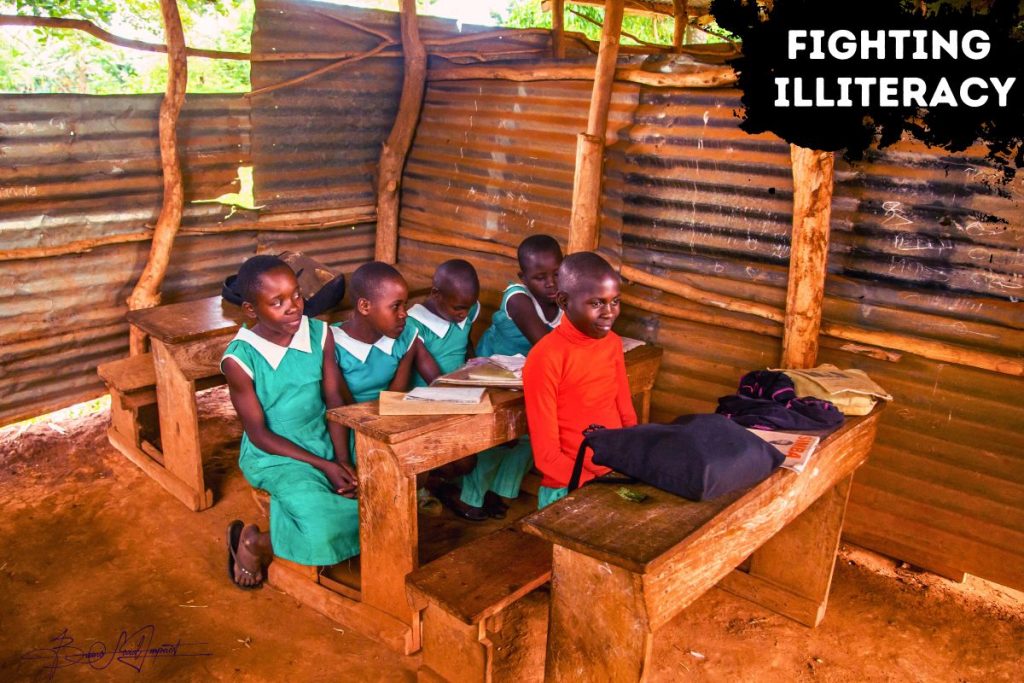
The focus, therefore, is to ensure that we provide everyone, wherever they are, with the purposeful tools, meaningful opportunities and resources to support their potential to succeed in all endeavours.
Our children must be encouraged to develop a love for reading, including giving them quality, exciting and encouraging reading material in their homes. Diverse texts, including storybooks, informational books and poetry, among many others, are all important. These are necessary steps in expanding the mind of a young child. But as noted, low-income families may find it very difficult to procure any of these reading materials. Economic circumstances should not disrupt our children’s desire to learn and thrive in schools.
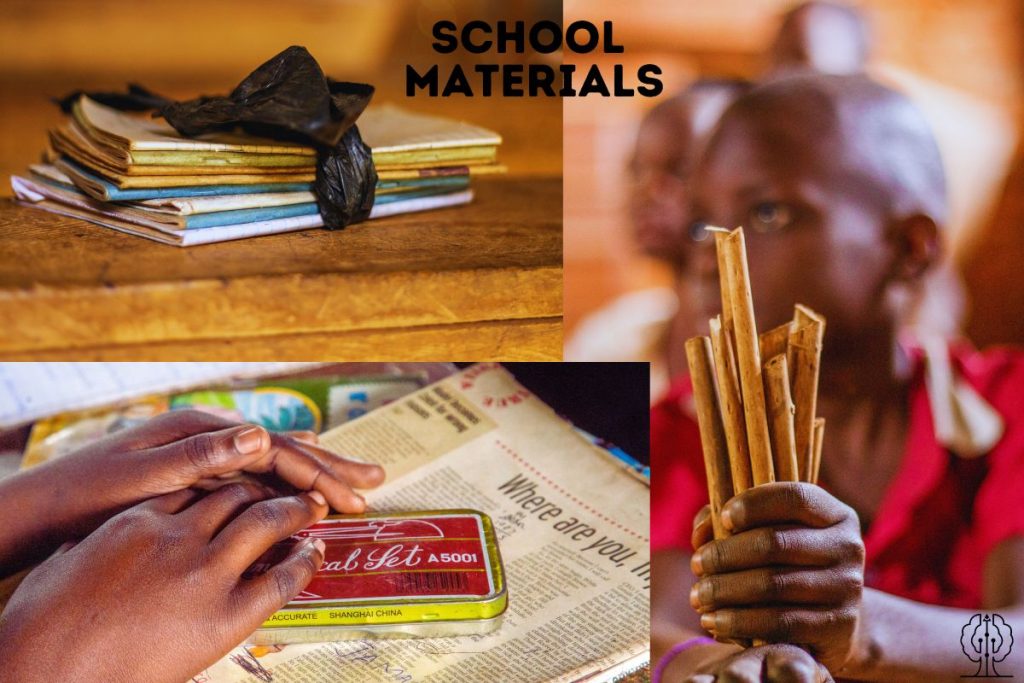
Almost every child in the Busoga region struggles to access academic resources, directly affecting their ability to learn and thrive. Yet many of the unfortunate deficiencies and challenges they face are preventable.
Education is the gateway to a lifetime of opportunities; therefore, ensuring our students succeed in schools is an investment in our community’s future and the next generation of leadership.
As the world shifts towards a knowledge-based society, literacy is a worthy project to invest in and focus on until it becomes a successful practical narration.
We must recognise the importance of literacy as an indicator and a goal for development, particularly for marginalised groups such as the Busoga region. As per the Uganda Bureau of Statistics, there has been an improvement in the literacy rate in Uganda. However, these trends have been far from uniform across regions. Busoga region has persistently recorded the lowest overall literacy rates.
With the Busoga region hosting the vast majority of the nation’s illiterate youths, considering the low school enrolment numbers and high school dropout rates, illiteracy in the region is set to persist.
